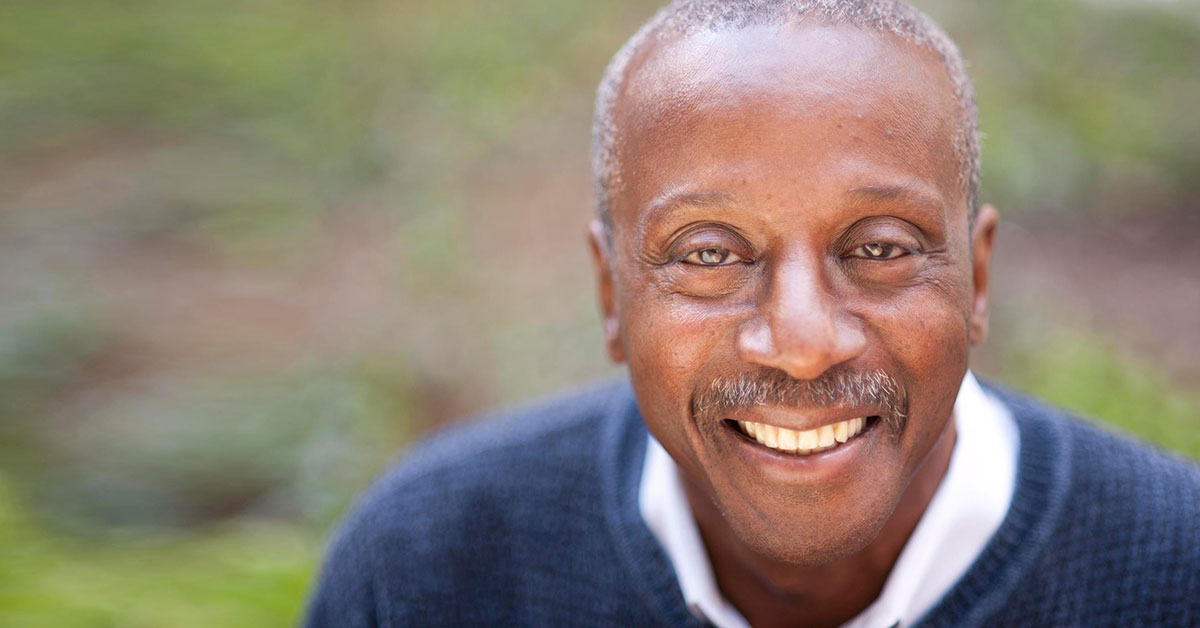
By Serin Sarsour
The Stonewall Riots was one of the first steps toward the LGBTQ liberation movement, and Brooklyn College alum Damon Evans found himself in the midst of it all. Evans was invited by the LGBTQ Resource Center last Thursday, Sept. 23 to share his experiences as a gay black man at the riots, in the acting industry, and in college.
The Stonewall Riots resulted from the NYPD raiding a gay club in Greenwich Village in New York City called the Stonewall Inn on June 28, 1969, according to History.com. The riots started right after the raid, lasting six days. During the riots, mainly members of the LGBTQ community and people of color protested because “white people did not want to lose their corporate jobs,” Evans said.
Initially, Evans did not have the intention to join the protest since it started. He didn’t even know it was going on. “I was an usher at Radio City Music Hall and got off my shift at 10 pm, I accidentally walked into the Stonewall Riot,” Evans said.
Evans shared a chant that a group of drag queens, transgender people (who did not have a term back then), gay people, and others were singing during the first night of the protests. “We are the Stonewall girls. We wear our hair in curls. We wear no underwear. You see our pubic hair,” Evans recalled. They sang this because they were done with being discriminated against, so they took a stand, he explained.
Born and raised in Maryland, Evans graduated from Brooklyn College in 2019 in his late 60s. Because he was older than the majority of his fellow classmates, Evans adopted and “maintained a sort of outsider stance.”
Before attending BC to earn his master’s degree, Evans received his associate’s at Bronx Community College, where he recalled it being “not the most friendly environment for someone like me.” As an openly gay black man, Evans endured a lot of discrimination throughout his lifetime. “One of my professors referred to homosexuality as a mental illness,” he said.
But at BC, Evans had a more pleasant experience. “When I came to Brooklyn College, in my first year when I looked around, I thought ‘Wow. I could breathe.’ Surely these people are enlightened,” he said.
The only uncomfortable experience Evans encountered during his time at BC was when he was invited to join a club that included members of the LGBTQ community. There, he faced homophobia when one of the members of the defunct club tried to create a divide between gay black men and straight black men. “My experience as a gay black man is not any different from the experiences of my straight black brother,” Evans said.
Decades before arriving at Brooklyn College, Evans started working in the television industry as an actor in 1971. He explained that the representation of black people was extremely scarce back then. “If you saw a black person on TV, you’d run to the phone and call someone to tell them about it. Once you get back to the TV, the black person was already gone,” Evans said.
Evans started out as an understudy in a show called “Hair.” However, he landed his big break when he was cast in a show called “The Jeffersons” as Lionel Jefferson, which ran on CBS. The sitcom centered around George and Louise Jefferson and their family garnering wealth from their dry-cleaning business, according to IMDb.
Lionel, the Jeffersons’ son, navigates his way through early adulthood on the sitcom. Evans was more than thrilled to take on the role of Lionel. “There were no middle-class black families portrayed on TV back then,” he said. With its 11 seasons, “The Jeffersons” was groundbreaking within the black community.
Despite his successful career as an actor, singer, and performer, Evans remains humble and appreciative of every opportunity he’s gained to represent the black and LGBTQ communities.
Evans shared tips with participants on how to protect themselves on and off campus when faced with discrimination. “Develop some type of mental armor or mental resilience, so someone else’s words don’t deflate your own thoughts of yourself and your self-esteem,” he advised. “Always keep a positive outlook of yourself in your mind. Also, walk away from anything that invalidates you. Anything that makes you feel unsafe.”
In closing, Evans expressed his appreciation for Brooklyn College and President Michelle Anderson. “I love CUNY. It was made for people like us [people of color and members of the LGBTQ community]. I love Brooklyn College. Michelle Anderson is the only CUNY president to openly support LGBTQ,” he said.
However, Evans believes CUNY still has a lot of work to do with regard to the treatment of members in the LGBTQ community. “We need to prioritize LGBTQ students and faculty,” he said.
